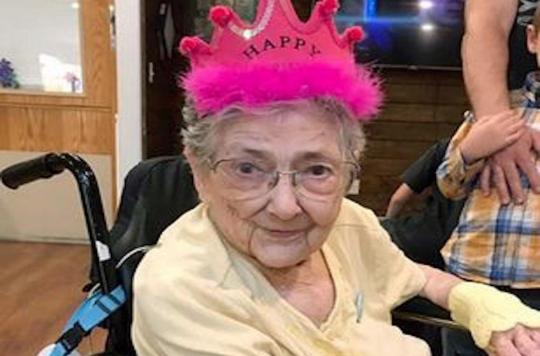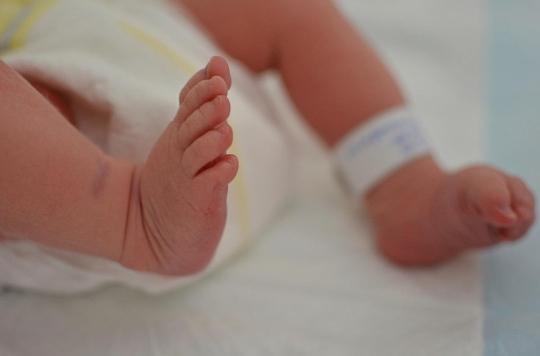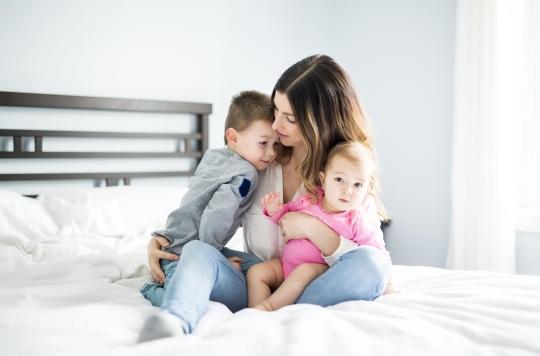Medical students discovered while dissecting the body of a woman who died at 99 that her organs were in the wrong place. A very rare case.

Her longevity is a miracle and her exceptional case: Rose Marie Bentley, who died aged 99 last year, lived her whole life with her organs reversed. The American, who lived near Portland, had situs inversitus with levocardia, a rare malformation. Having donated her body to science, she unknowingly gave the opportunity to the students who dissected her to make this discovery, told during the annual meeting of the American Association of Anatomists in Orlando, Florida.
Stunned teachers
In the spring of 2018, five medical students from the University of Portland open the chest of a woman who died on October 11, 2017. They have to examine her heart but realize that the vena cava, normally located to the right of the heart, is not in its place. The students challenge their teacher. Warren Nielsen, one of them, tells CNN their reactions: “They rolled their eyes, like they were saying ‘how can these students miss this big vein?’ Then they came and (…) exclaimed: ‘Oh my god! it’s completely upside down”. There was something to be surprised about, the malformation affects one in 22,000 babies at birth, but only 5 to 13% of them manage to live after 5 years. All organs of this woman were reversed: her liver was on the left instead of being on the right, her stomach, conversely, was on the right instead of being on the left, etc.
She had however undergone three ablations
This late discovery is surprising. Rose Marie Bentley is said to have had her appendix, gallbladder and uterus removed. Only the doctor who performed the appendectomy had noticed that the organ was not in its usual location, but he had not informed the family. “We had no reason to think anything was wrong, says Ginger Robbins, one of her children. She has always been in very good health”. She only suffered from severe heartburn, probably related to her deformity.
According to one of the professors at the University of Portland, there is a one in 50 million chance of finding a case similar to that of Rose Marie Bentley around the world.
.
















